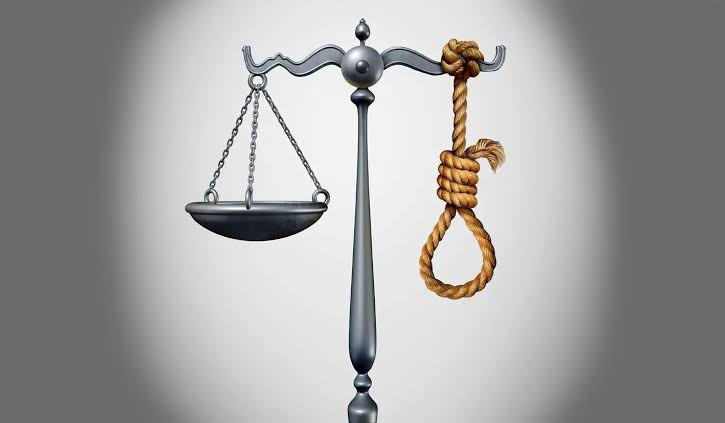DEATH PENALTY AND ITS IMPACT ON FAMILIES
Author:- Sk.Thabasum, a Student of KL UNIVERSITY, Vijayawada
INTRODUCTION: -
India is one country that consistently experiences terrorism and criminal activity. The death penalty has been the focus of heated discussion for many years. The effects on victims and their families are one component that consistently receives little emphasis. The government faces its predominant problem in reducing crime with the limited police and protection force available due to the country's population.
DEATH PENALTY:-
The death penalty is also known as capital punishment. It is a judicial procedure whereby a person who has been found guilty of a serious crime, usually murder, is sentenced to death as punishment. The execution of the death penalty entails the state executing the defendant on purpose to exact revenge, serve as a deterrent, or safeguard society. The two methods of execution for the death penalty in India are hanging and gunshot or shooting.
As per Section 368 of the Criminal Procedure Code;1973 the High Court has the power to pass death sentences to the offenders. Since the 1980 decision in “ Bachan Singh v. the State of Punjab”, only the most extreme instances in India are now given the death penalty.
Impact on families of individuals sentenced to death: -
Families that have loved ones facing the death penalty go through a profoundly human experience characterized by various emotional struggles. The solitude and stigma they frequently experience are some of the most heartbreaking elements. These families could become marginalized and shunned by their neighborhoods as a result of discrimination and social stigma, which makes them feel abandoned and unsupported. They have a greater sense of isolation due to violating their privacy, especially in high-profile cases where the media closely examines their personal life. Financial difficulties are a great load to bear because it can be very expensive to defend a death sentence case. Families frequently struggle with the stress of paying for legal fees as well as the expenses related to seeing their loved ones who are sentenced to death. The difficulties faced by the family are exacerbated when one member of the family is imprisoned and is the only source of income for the family.
Families experience emotional shock and denial when they learn that a loved one has been sentenced to death. A family member's approaching execution causes protracted and intense anguish, an agonizing emotional torment as they struggle with the knowledge that their loved one will die at the hands of the state. Since many relatives of death row inmates do not have access to crucial support services like counseling and mental health resources, a lack of aid exacerbates these difficulties. Advocacy organizations work to draw attention to the predicament of these families, but frequently experience resource shortages, giving these families fewer alternatives for support than victims do. Families actively involved in efforts to revoke death sentences face emotionally and financially exhausting legal battles that can have a negative impact on their health. Children are disproportionately affected, which is tragic. The pain, stigma, and anxiety that come with having a parent on death row frequently hinder their ability to cope emotionally. Due to jail visitation restrictions and the emotional toll it takes on the child, maintaining parent-child connections becomes difficult.
CONCLUSION: -
The death penalty has a profound and enduring impact on victims and their families, extending far beyond the legal and moral debates surrounding capital punishment. The pursuit of justice through the death penalty process can exacerbate the hardships. It is a deeply emotional journey marked by grief, trauma, and the relentless pursuit of justice and closure.




![Freedom of Speech in India [Indian Supreme court and Law of Sedition]](https://blogger.googleusercontent.com/img/a/AVvXsEiGLLUmLKq5Da6xDZplasOZHKRj-jOhWPkoeuy0_Eq757tUpOiHz-xooXwIlAjF0-hmBfi-TtMIv6on_sVgBXVq4wbWwnbsqLOcNX22S8C2aSq-ZuK3vn9wWAx8tXByYOBfwc0hs6b8RJV84YNFG2greouGKjup6g8kN-xVlchW33VHdSSmrhLC1BUEVbGp=w680)





